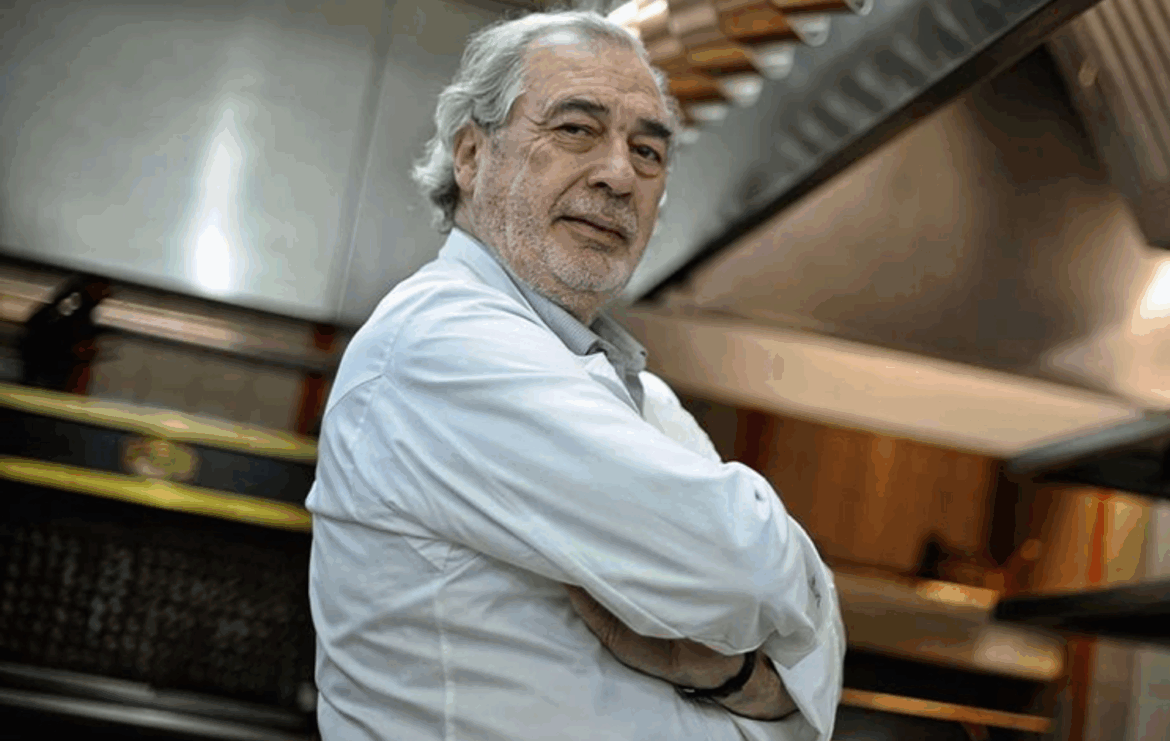Born in Avallon (Yonne) on March 16, 1943, Marc Meneau grew up in Saint-Père-sous-Vézelay, the son of a leather craftsman and a mother who ran a small grocery-bistro. Although he briefly attended the Strasbourg hospitality school in 1961, his training was mainly self-directed, nourished by reading the classics of French cuisine such as Apicius, Taillevent, Brillat-Savarin, and Carême.
Together with his wife Françoise, herself from a family of restaurateurs, he transformed the family café into L’Espérance in 1966. Recognition soon followed: the first Michelin star in 1972, a second in 1975. In 1983, Meneau reached the pinnacle, named Best French Chef of the Year, awarded his third Michelin star, and rated 19/20 by Gault & Millau.
Deeply attached to his land, he planted 16 hectares of vines to promote the Bourgogne-Vézelay appellation and developed a certified organic vegetable garden within the property. In 1999, he lost the third star but regained it in 2004.
In 2003, on the advice of Serge Gainsbourg—loyal friend and frequent guest—he opened l’EntreVignes, a winegrowers’ bistro facing L’Espérance. He later created a gastronomic and leisure complex with François Schneider, but financial troubles loomed. In 2007, the company was liquidated, and L’Espérance disappeared from the Michelin Guide, returning the following year with two stars. By 2015, debts totaling nearly €7 million forced another liquidation; in 2016, Alain Ducasse and Guillaume Multrier acquired the iconic property.
A reflective and sometimes fragile man, Meneau avoided the showmanship of haute cuisine but loved “feeding the mind” through food, positioning cooking as history and storytelling. His creativity extended to cinema: he designed the opulent banquets for the film Vatel (2000) and the buffet scenes in Sofia Coppola’s Marie Antoinette (2006).
Marc Meneau died in Auxerre on December 9, 2020, from cancer, leaving behind a legacy where cuisine embodies memory, territory, and narrative.


Dining and Cooking